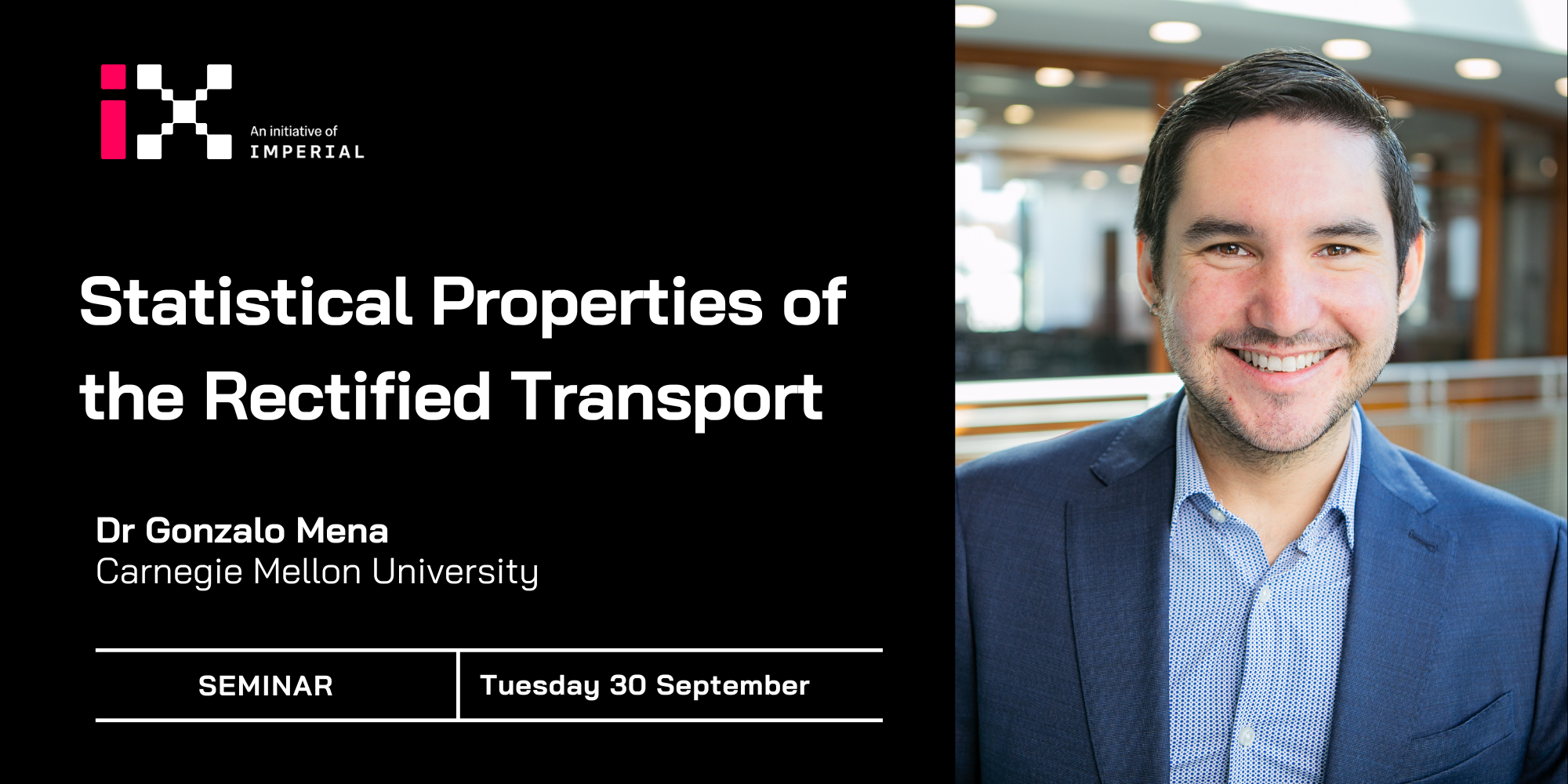Spencer Frei is an Assistant Professor of Statistics at UC Davis.
Spencer Frei is an Assistant Professor of Statistics at UC Davis. His research is on the foundations of deep learning, including topics related to benign overfitting, implicit regularization, and in-context learning. Prior to joining UC Davis he was a postdoctoral fellow at UC Berkeley, working with Peter Bartlett and Bin Yu as a part of the NSF/Simons Collaboration on the Theoretical Foundations of Deep Learning. He was named a Rising Star in Machine Learning by the University of Maryland in 2022 and was a co-organizer of the 2022 Deep Learning Theory Workshop and Summer School at the Simons Institute for the Theory of Computing. He received his Ph.D in Statistics from UCLA in 2021 under the co-supervision of Quanquan Gu and Ying Nian Wu.




